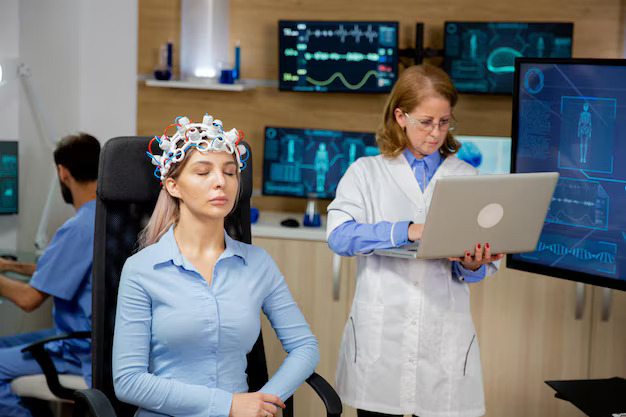Teacher-Generative AI Collaboration: Redefining the Educator’s Role
Teachers evolve into AI-powered guides, balancing tech with human insight in education.


The role of educators is undergoing a paradigm shift with the integration of Generative Artificial Intelligence (AI) in education.
Traditionally, teachers have been the primary source of knowledge, but Generative AI is redefining their responsibilities, transforming them into learning facilitators, data-driven decision-makers, and personalized mentors.
While AI can automate tasks, generate content, and provide adaptive learning experiences, the human touch in teaching remains irreplaceable, particularly in fostering critical thinking, emotional intelligence, and social learning.
This transformation is already underway: The global AI in education market is expected to grow from $5.18 billion in 2024 to $112.3 billion by 2034. This exponential growth underscores the increasing reliance on AI-driven learning technologies, pushing educators to adapt to hybrid AI-human teaching models.
According to a 2023 Pearson report, Generative AI tools are expected to save U.S. educators up to 3 million hours per week by automating grading, lesson planning, and student progress tracking by 2026.
However, the adoption of Generative AI requires a strategic approach that prioritizes equity, ethical considerations, and teacher training to ensure a balanced AI-human collaboration.
This article explores the evolving role of educators in AI-enhanced classrooms, detailing how Generative AI can enhance pedagogy, improve assessment methods, mitigate challenges, and optimize learning outcomes.
Read more on Generative AI in Education here: How Generative AI Is Transforming Journalism in 2025

The Shift from Knowledge Providers to AI-Augmented Learning Facilitators
With Generative AI models such as OpenAI’s GPT, Google’s Gemini, and other adaptive learning systems, teachers no longer serve solely as content deliverers but rather as curators and facilitators of knowledge.
AI-powered education platforms are capable of synthesizing vast amounts of information, personalizing instruction, and generating adaptive learning pathways that cater to individual student needs.
2.1. AI’s Role in Facilitating Personalized Learning
Generative AI utilizes real-time data analytics to monitor student engagement, performance metrics, and learning behavior.
AI-driven adaptive learning systems such as Squirrel AI have demonstrated significant learning improvements, with students achieving accuracy rates of 93% compared to 78% in traditional settings.
Key functionalities of AI in personalized learning include:
- Dynamic Content Generation: AI tailors educational content based on student responses, ensuring optimal difficulty levels.
- Real-Time Performance Analysis: Machine learning algorithms continuously analyze student progress and suggest targeted interventions.
- Individualized Feedback: AI-driven feedback systems provide instant, personalized responses, reducing dependency on periodic assessments.
- Language and Accessibility Support: AI-powered translation tools assist non-native English speakers and students with disabilities by generating text-to-speech adaptations and alternative learning materials.
However, despite these advancements, teachers remain essential in guiding conceptual understanding, fostering creativity, and ensuring ethical AI implementation.
Want to know about how AI Chatbots perform in Educational Setting? Click Here!
AI-Powered Assessment and Intelligent Feedback Systems
3.1. Automated Grading and Data-Driven Evaluation
One of the primary advantages of AI in education is its ability to streamline assessment processes, significantly reducing grading time. AI-powered tools can:
- Automate grading of multiple-choice, short-answer, and essay-based assessments using Natural Language Processing (NLP).
- Analyze learning patterns to identify common misconceptions and knowledge gaps.
- Generate detailed reports that track student progress over time .
According to a recent analysis, AI-driven assessment tools can reduce teachers’ grading workload by up to 40%, allowing educators to focus on student mentorship and interactive learning strategies.
AI-based grading tools like MATHia (Carnegie Learning) go beyond assessing correctness by analyzing problem-solving processes, helping teachers intervene where necessary.
3.2. AI in Formative Assessments
Unlike traditional exams, AI-driven formative assessments provide continuous feedback, allowing real-time performance tracking. Some platforms integrate:
- Generative AI models that create customized quizzes aligned with students’ weaknesses.
- AI-based feedback loops that suggest remedial exercises for struggling learners.
- Virtual tutors that adapt their responses based on student queries.
However, AI-generated assessments must be continuously evaluated to prevent algorithmic biases and inaccuracies, ensuring that human educators maintain oversight in high-stakes decision-making .
More on Generative AI in Education here: The Impact of Generative AI and RAG on Personalized Learning
Addressing Ethical and Equity Challenges in AI Adoption
4.1. Data Privacy and Algorithmic Bias
Generative AI systems collect and process large volumes of student data, raising concerns about data privacy, security, and ethical AI implementation.
Key challenges include:
- Algorithmic Bias – AI models trained on biased datasets may reinforce educational disparities.
- Data Security Risks – Mismanagement of AI-stored student data could lead to privacy breaches.
- Equitable Access – AI-based learning tools must be available to all students, preventing a digital divide where only well-funded schools benefit from AI advancements.
To address these concerns, institutions should:
- Implement AI auditing systems to monitor algorithmic biases in assessments and learning recommendations.
- Ensure compliance with data protection laws such as GDPR and FERPA to safeguard student information.
- Adopt AI governance frameworks that promote transparency in AI decision-making.
4.2. Ethical Use of AI in Student Learning
Educators must guide students in understanding the limitations of Generative AI, preventing over-reliance on AI-generated content that lacks critical engagement.
Teachers should encourage:
- Fact-checking AI-generated responses to develop analytical thinking skills.
- AI literacy training to ensure students use Generative AI responsibly.
- Ethical AI implementation policies in classrooms to regulate the use of AI in academic assignments.

AI’s Role in Reducing Teacher Burnout and Administrative Workload
AI can significantly reduce administrative burdens, allowing teachers to prioritize student engagement and curriculum development.
Key AI-driven automation areas include:
- Automated lesson planning – Generative AI tools generate structured lesson plans based on curriculum requirements.
- Attendance tracking – AI-powered monitoring systems record student participation and engagement.
- Administrative documentation – Generative AI tools assist in drafting reports, grading summaries, and performance analytics.
A Recent Educause report found that 82% of teachers experience burnout due to workload, with AI-powered automation reducing manual administrative tasks by up to 50%.
Training Educators for AI Integration
6.1. Upskilling Teachers for AI-Enhanced Classrooms
Despite its potential, some educators feel confident in using AI-powered tools effectively. Institutions must:
- Develop AI literacy programs for educators to understand AI’s capabilities and limitations.
- Integrate AI competency modules into teacher training curricula.
- Encourage AI-human collaboration through interactive workshops and AI forums.
AI implementation must prioritize teacher autonomy, ensuring educators retain control over AI-driven decisions in curriculum planning and student evaluation.

6.2. Attitudes Towards AI in the Education Sector: Teachers vs. Students
The integration of Generative AI in education has sparked mixed reactions among educators and students. Interestingly, teachers tend to be more positive about AI adoption than students.
A study by Quizlet found that:
- 65% of teachers have used AI technologies, compared to 61% of students.
- Half of teachers (50%) were optimistic about Generative AI in education, whereas only 39% of students shared this optimism.
- Students were twice as likely to be neutral about using AI compared to teachers (20% vs. 10%).
- Almost half of both teachers and students believe AI has had a positive impact on learning (48% vs. 47%).
- However, 45% of students feel the impact of Generative AI in education has been neither positive nor negative, compared to 34% of teachers.
These statistics highlight the need for targeted AI education strategies, ensuring that students are as equipped as teachers to leverage AI effectively in their learning environments.
The higher AI adoption rate among educators suggests that institutions must invest in AI literacy programs for students, emphasizing responsible AI use, data ethics, and critical thinking when engaging with AI-generated content.
By bridging the gap between teacher and student AI adoption, education systems can create a more seamless, confident, and ethically responsible approach to AI integration in classrooms.
6.3. Teacher Attitudes Towards AI in Education
6.3.1. AI’s Impact on Teaching Workload and Future Prospects
The adoption of Generative AI in education is widely seen as beneficial by educators.
According to Quizlet:
- 51% of teachers believe AI will have a positive impact on education.
- 49% of teachers have already observed benefits, particularly in reducing workload.
Additionally, Forbes research indicates that:
- 55% of teachers believe AI will improve student outcomes.
- Only 17% think AI will have no significant impact, showing that most see potential benefits.
These findings reinforce that many teachers view AI as a valuable tool to enhance both teaching efficiency and student learning.
6.3.2. Balanced Perspectives on AI in Education
Despite concerns, many educators acknowledge that AI has both advantages and drawbacks, rather than being strictly harmful.
According to Pew Research Center:
- 32% of teachers believe AI in primary (K-12) education will provide an equal mix of benefits and harm.
- 39% of teachers think AI will offer a balanced impact in middle school education.
- 34% of teachers share this view for high school education.
These insights suggest that a significant portion of educators recognize AI’s potential benefits when implemented thoughtfully.
AI as an Educational Partner, Not a Replacement
Generative AI is reshaping the educator’s role, enabling teachers to focus on mentorship, creativity, and personalized instruction while AI handles administrative and analytical tasks.
However, for AI-human collaboration to be successful, institutions must prioritize ethical AI implementation, equity, and teacher training.
The future of education lies not in replacing teachers but in empowering them through AI-driven tools that enhance learning, optimize assessments, and foster student engagement.
By integrating AI responsibly and inclusively, educators and technology can work in synergy to create more accessible , effective and personalized learning experiences.
Makebot: The Future of AI-Driven Innovation
As the leader in Generative AI and LLM-powered solutions, Makebot is committed to providing cutting-edge, customized chatbot and AI solutions for industries across the globe. From optimizing AI costs to ensuring seamless integration into your existing systems, we are here to support your AI journey.
Ready to Lead the AI Revolution?
Let Makebot be your trusted partner in harnessing the power of LLM and chatbots. Our solutions are tailored to meet your specific industry needs, helping you drive business innovation and operational efficiency with the latest technology.
For inquiries, or to explore our LLM & chatbot solutions, feel free to reach out to us at:
📧 Email: b2b@makebot.ai
🌐 Website: https://www.makebot.ai/en
Join over 1,000 clients who trust Makebot for their AI transformation. Let’s talk and see how we can transform your business with AI today!

Studies Reveal Generative AI Enhances Physician-Patient Communication



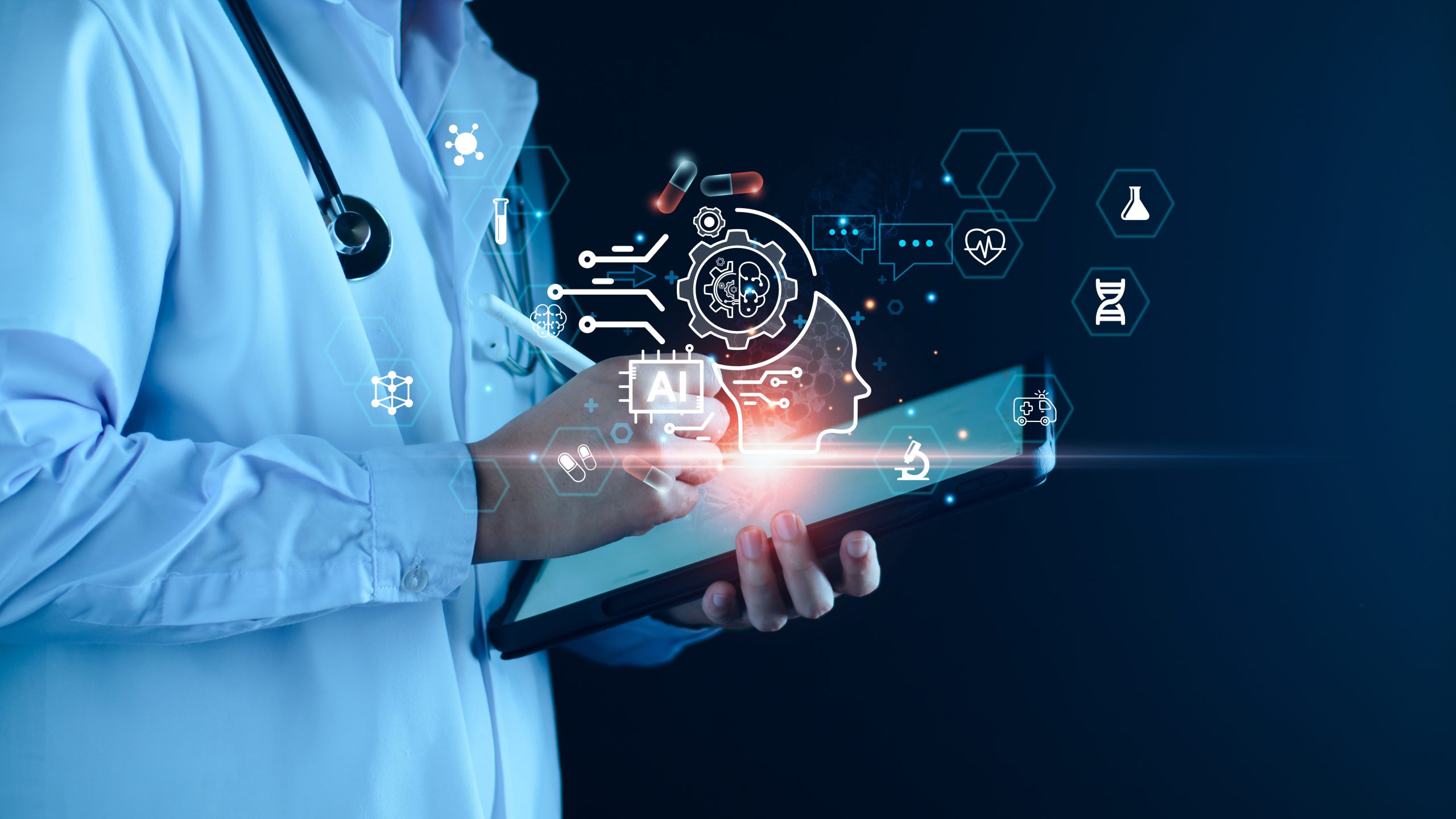
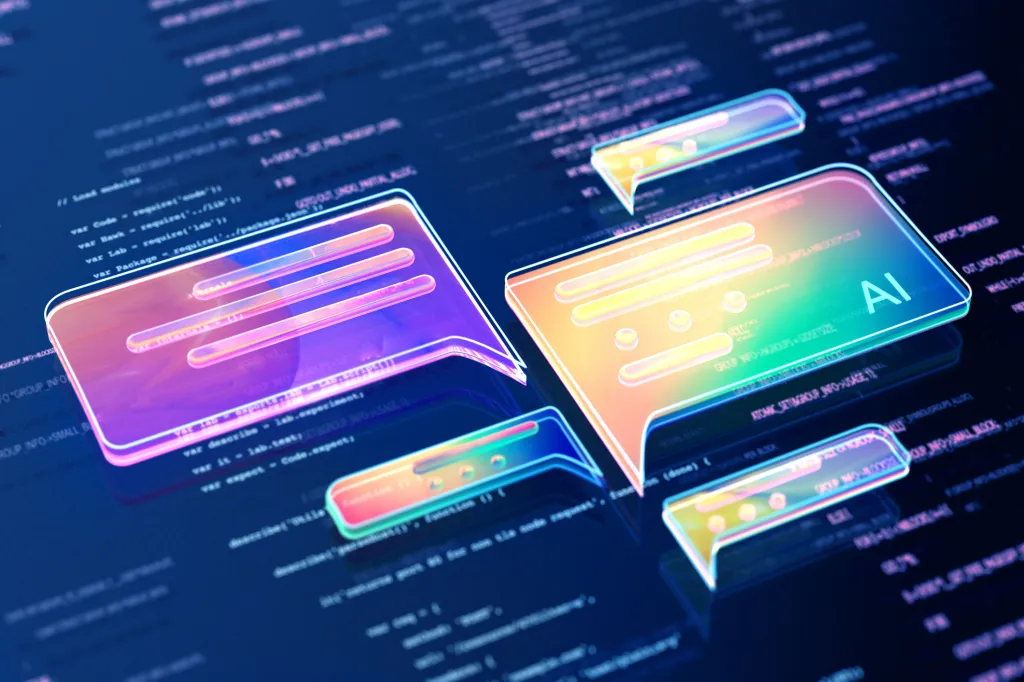



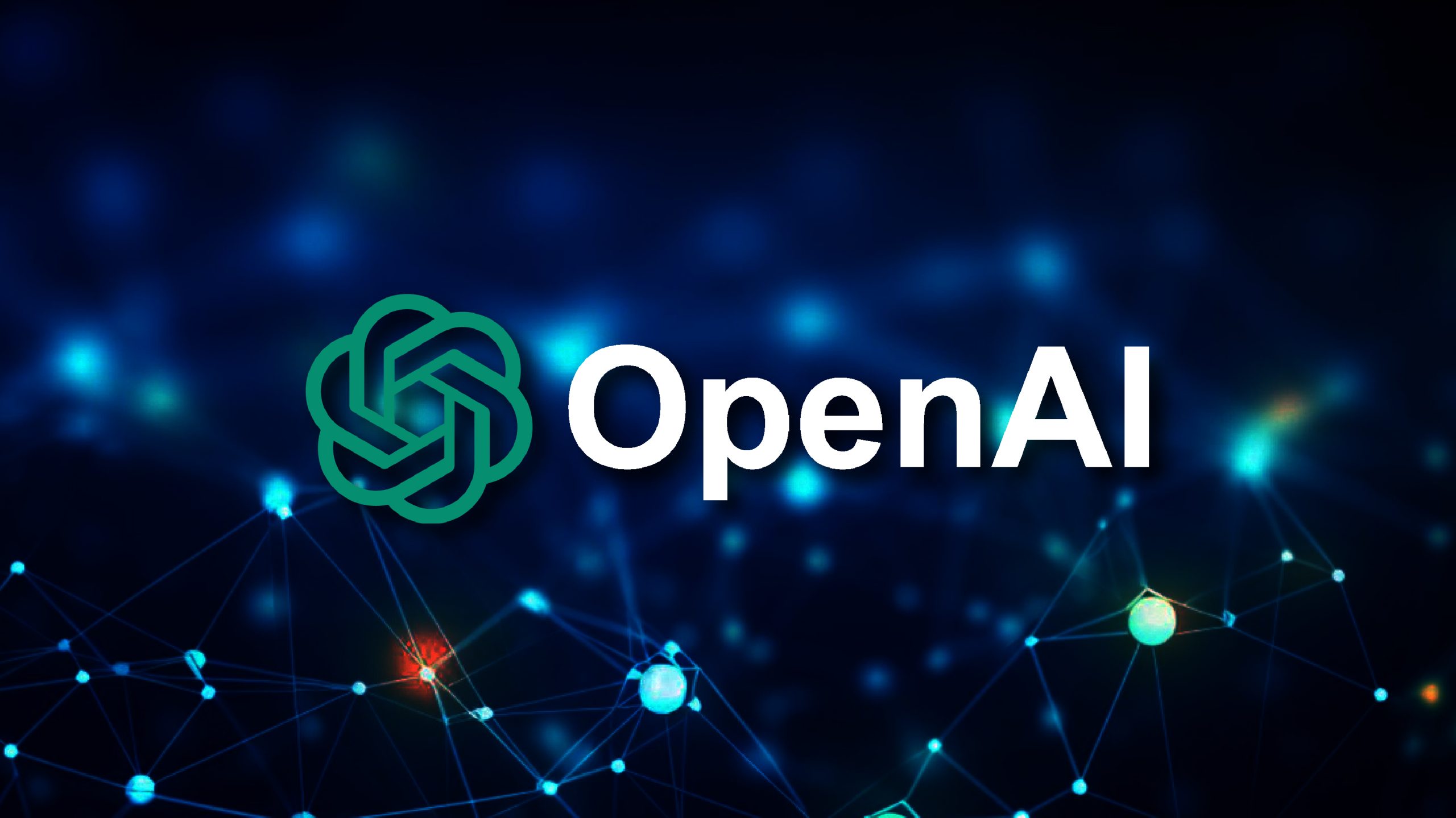



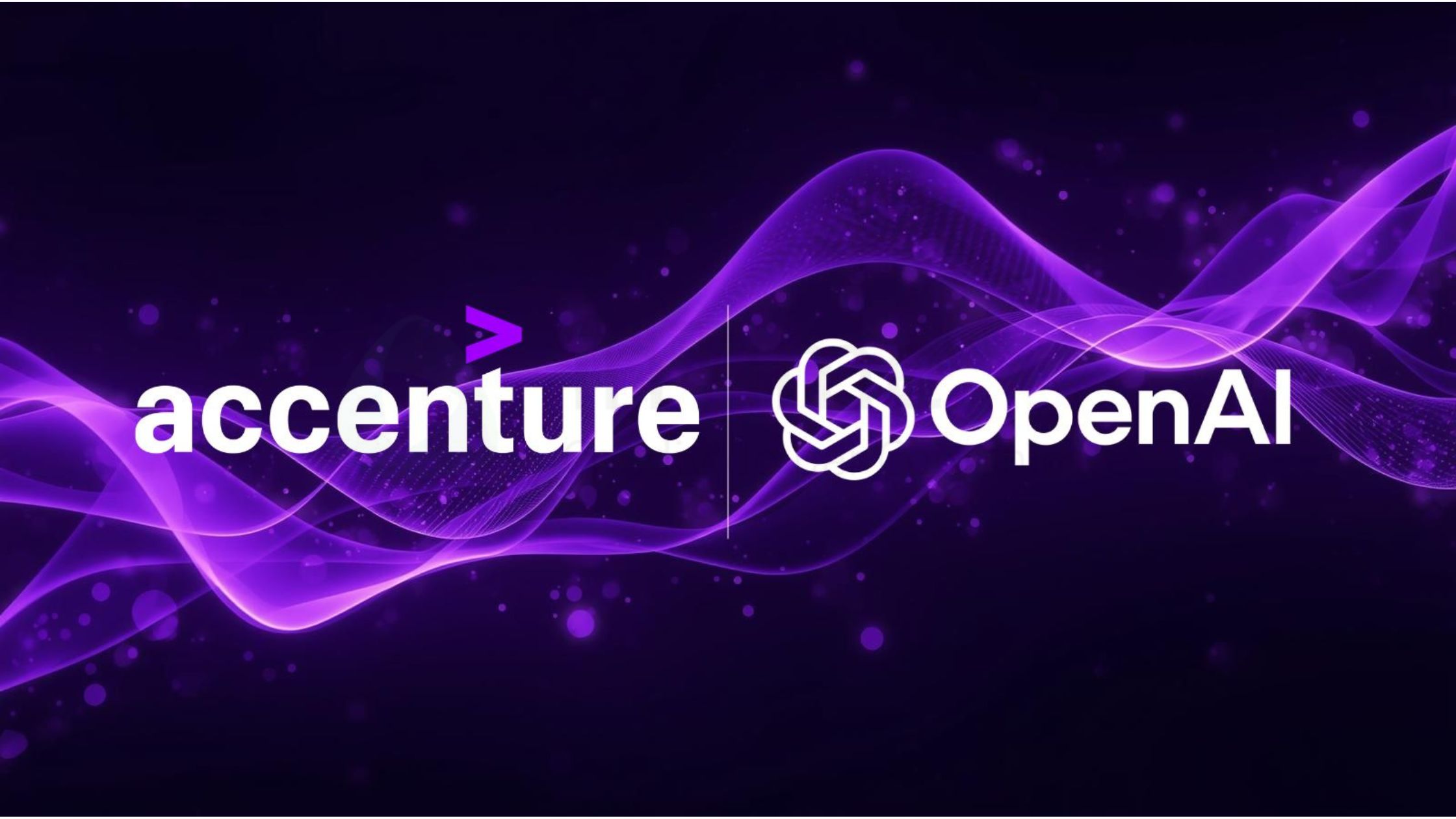
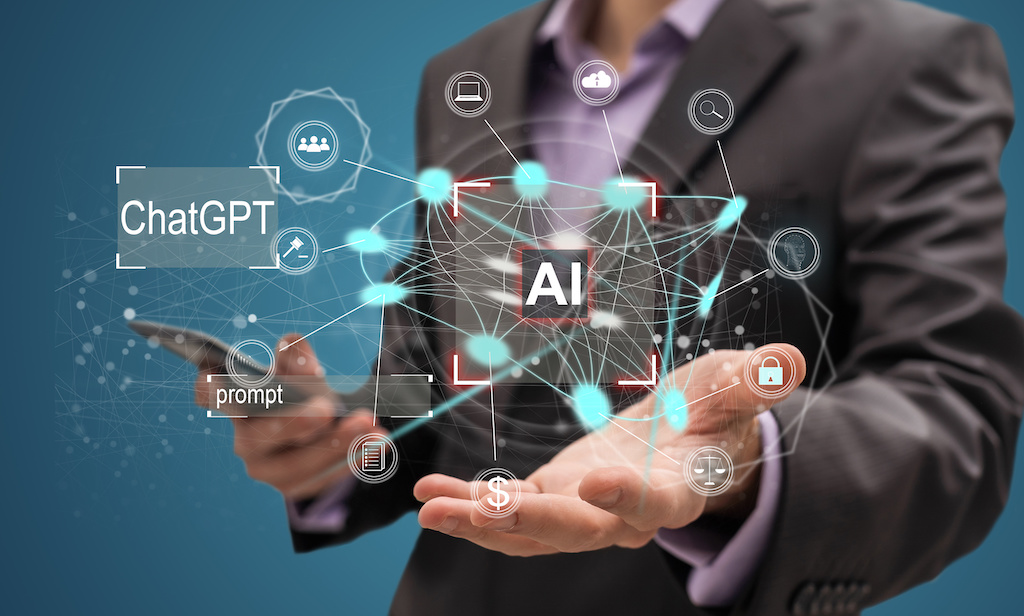


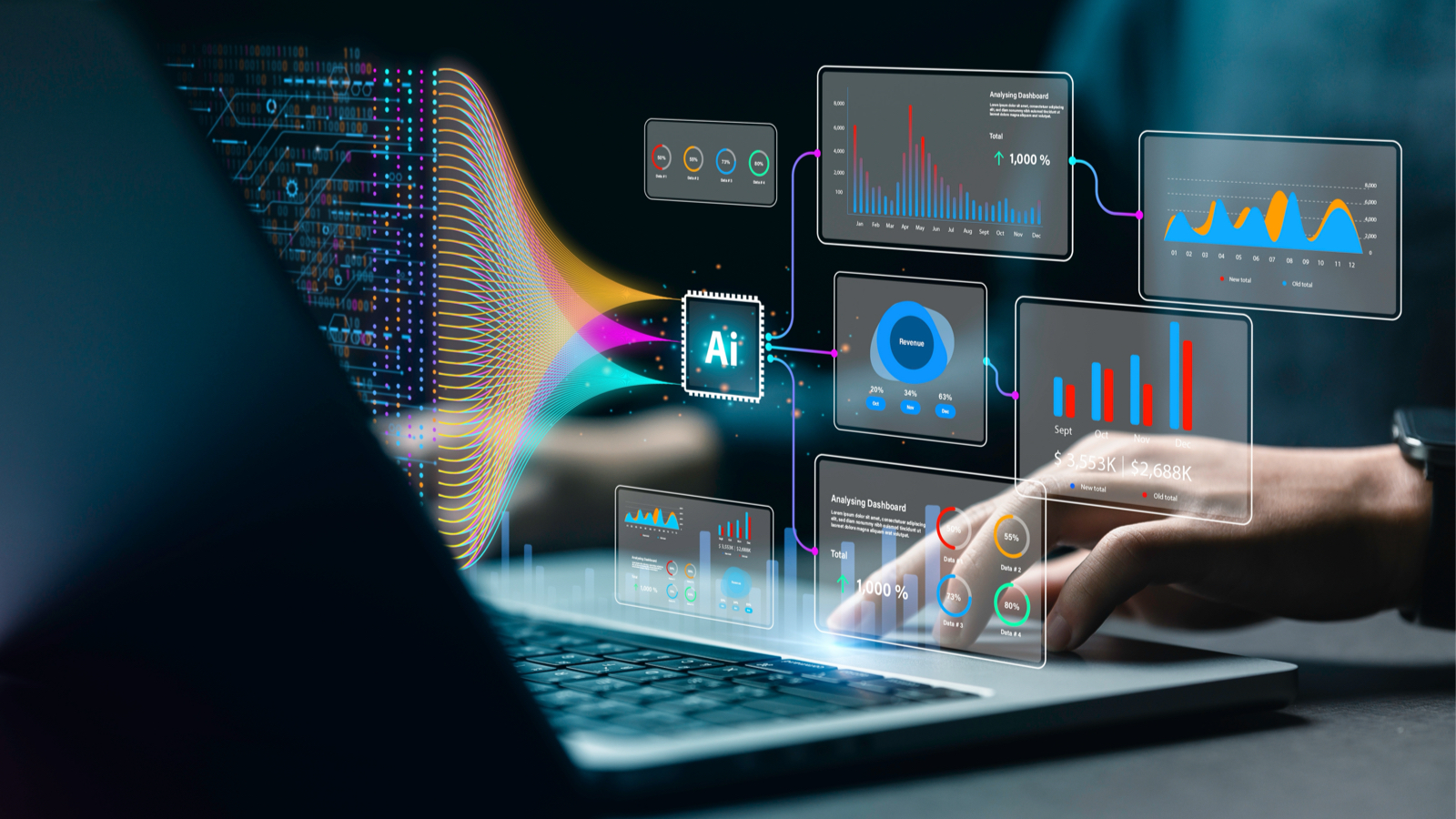






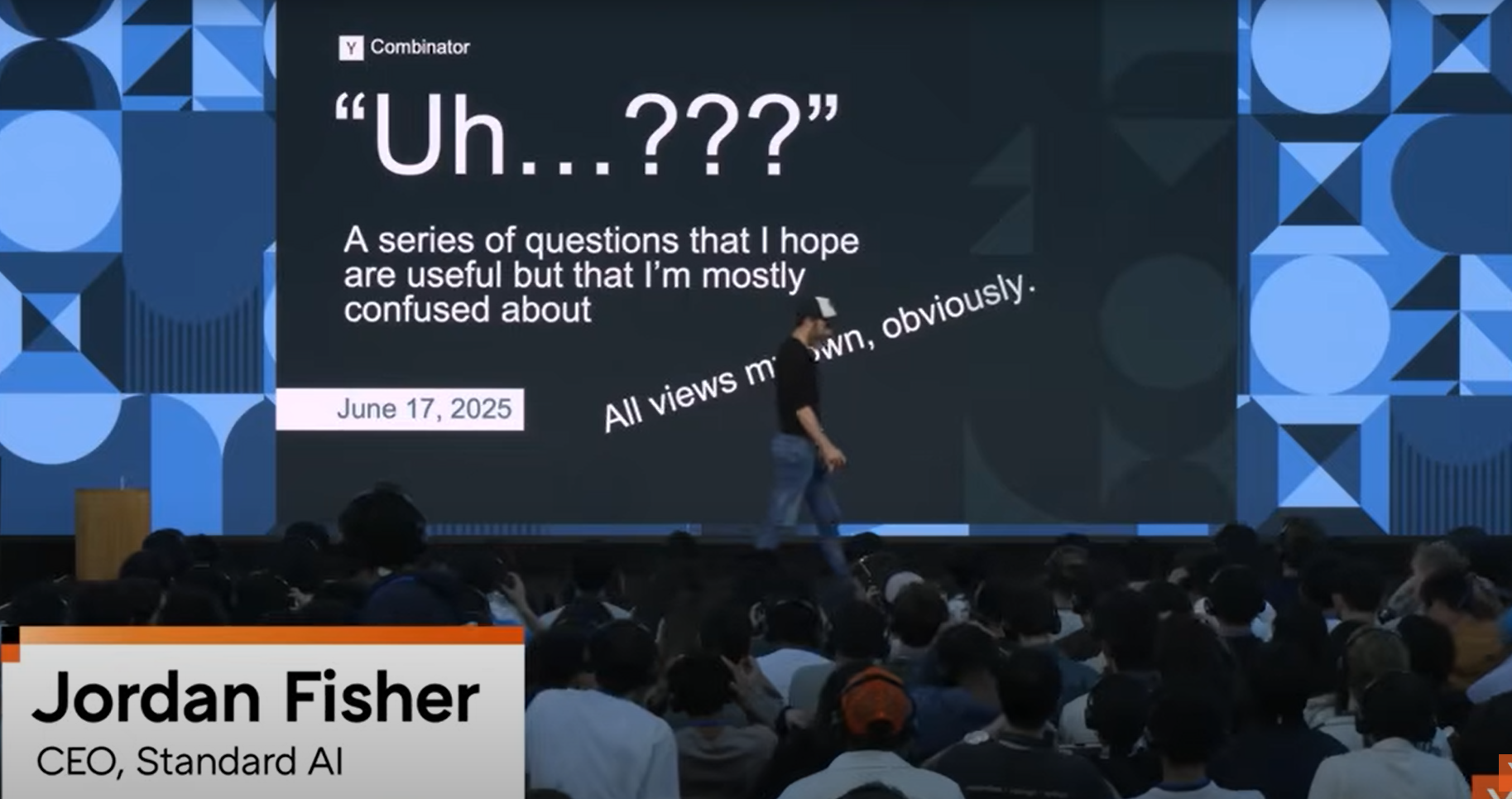










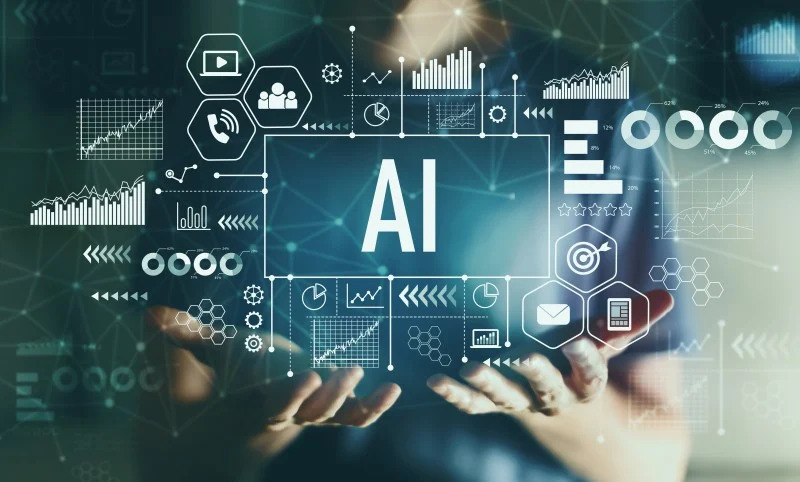









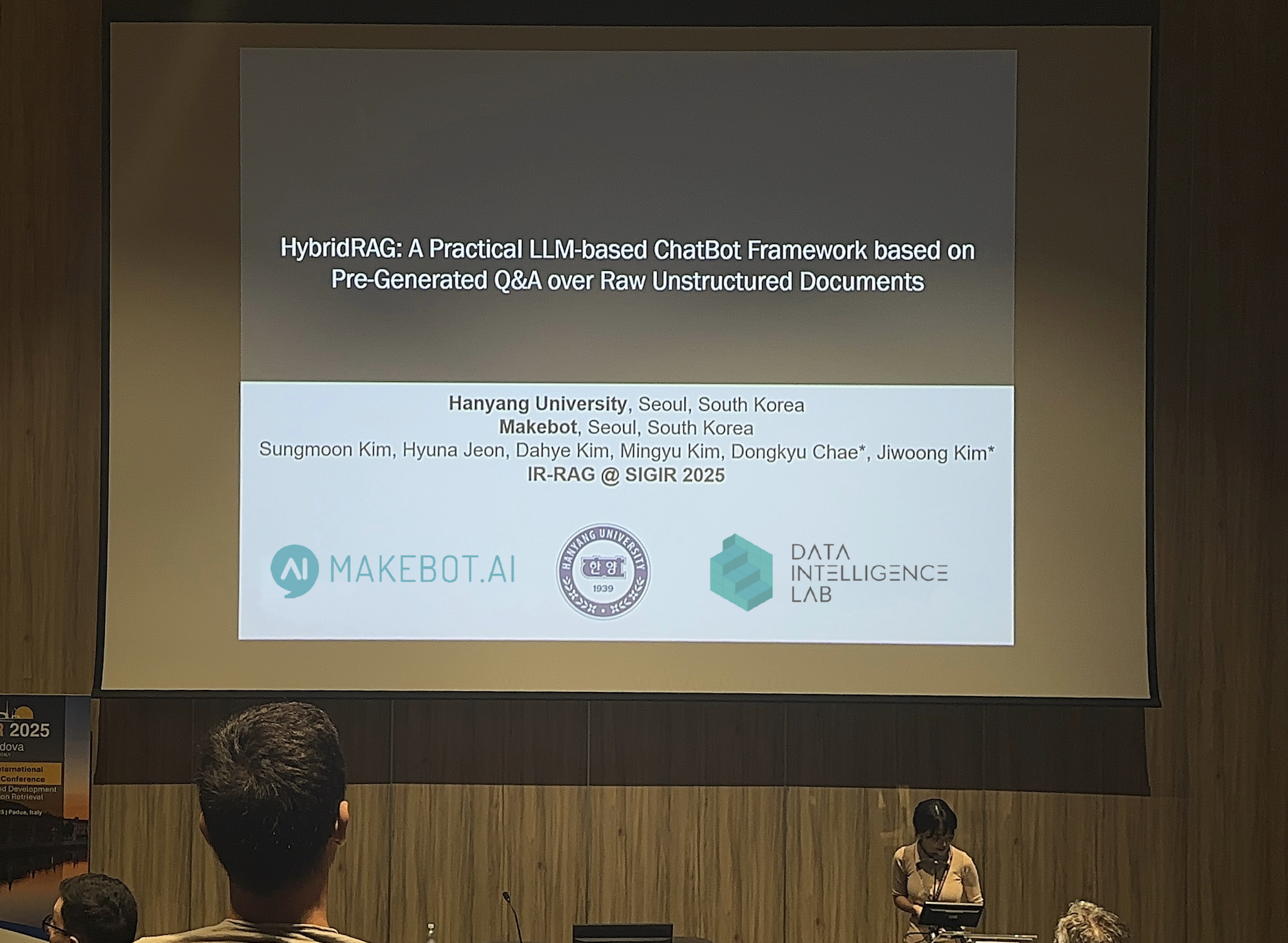









_2.png)












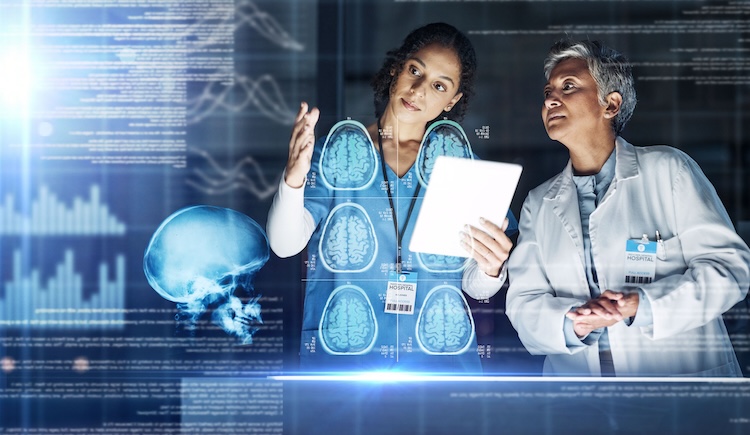




.jpg)













